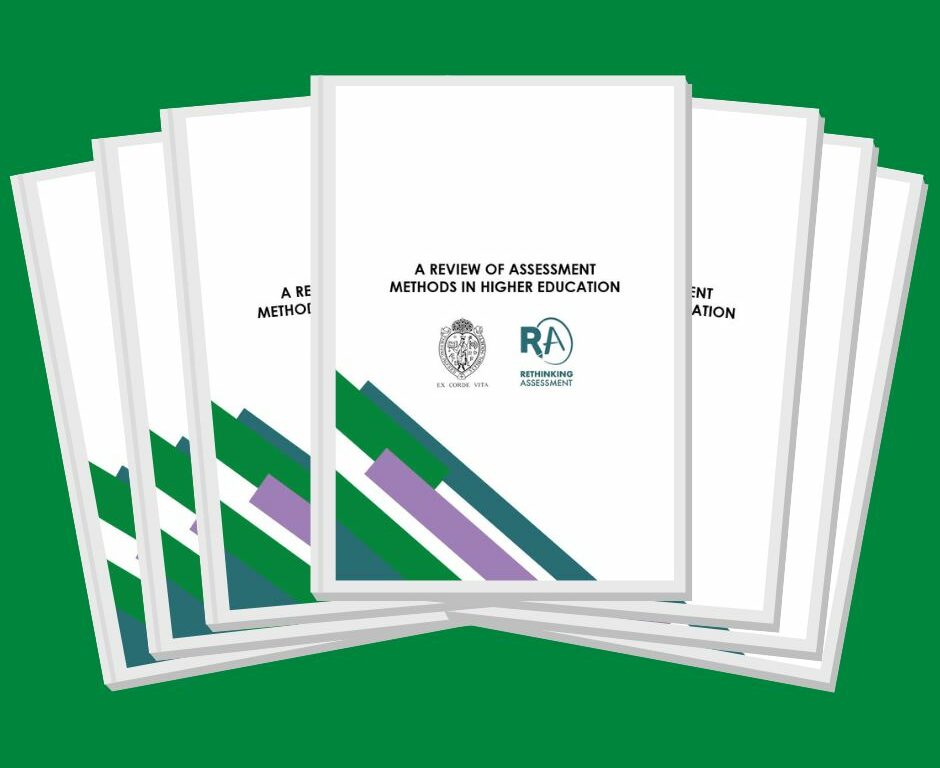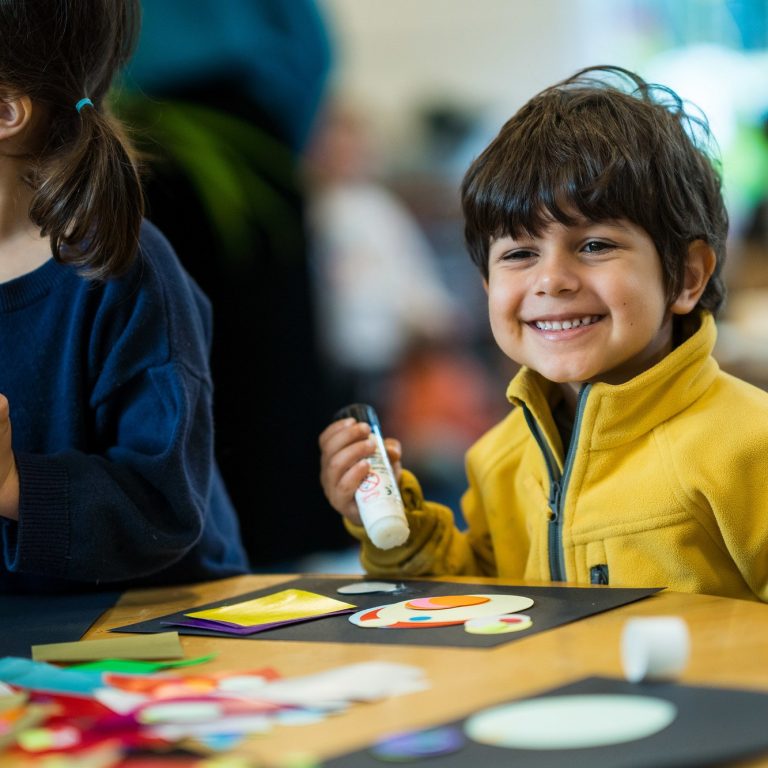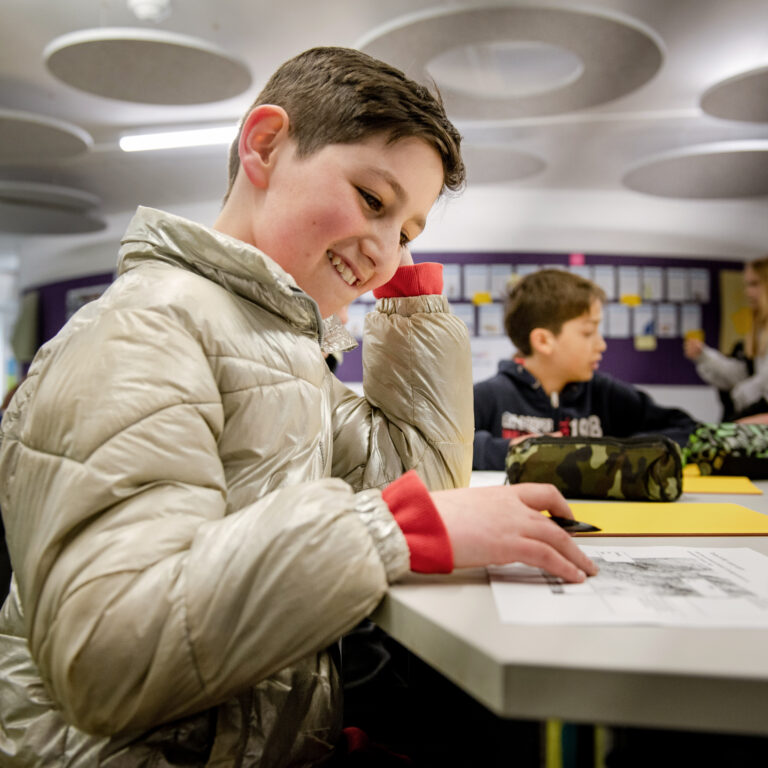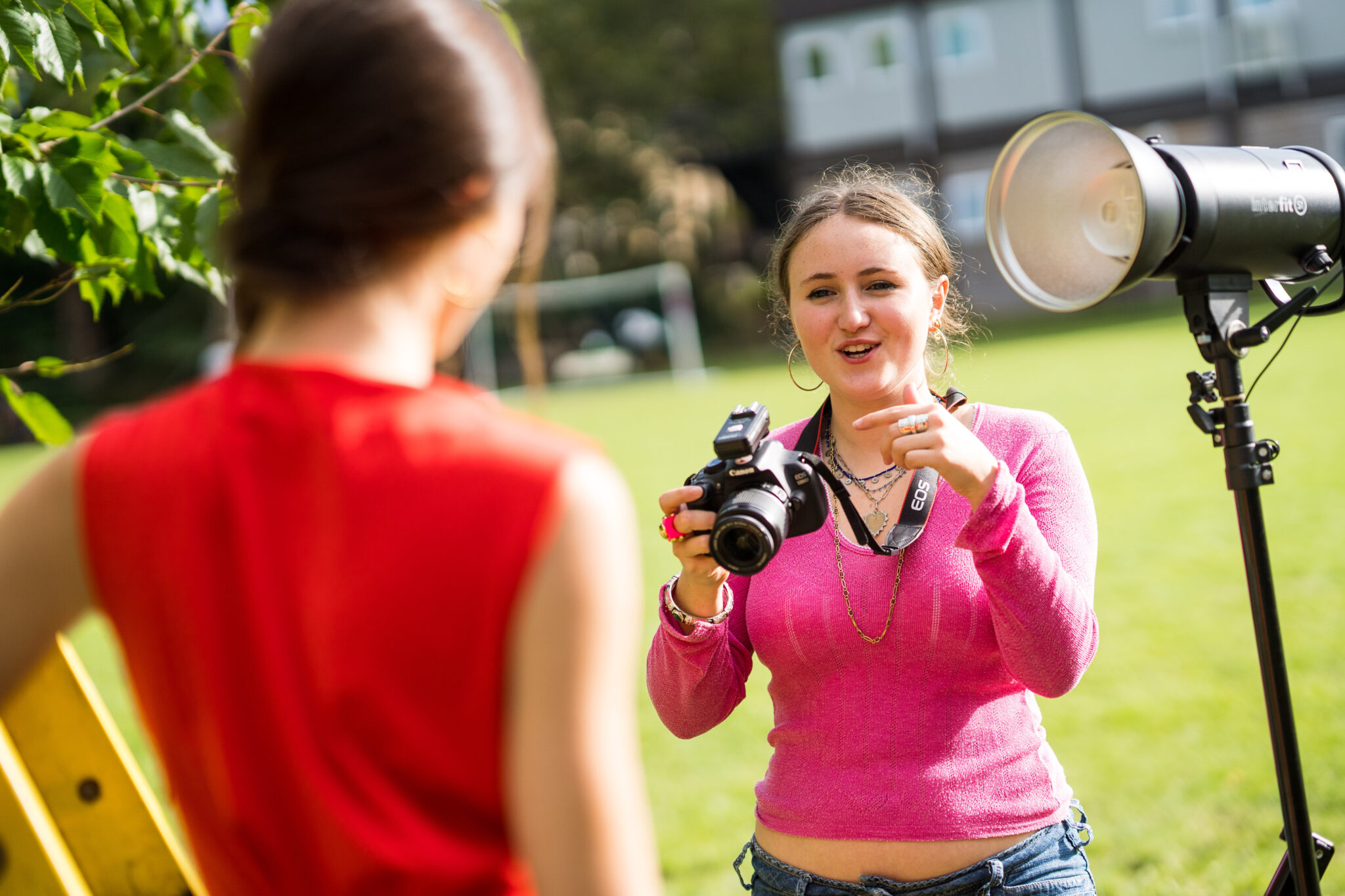Assessment Under the Microscope
18th March 24

Since it’s inception, one of the aims of The King Alfred School Society has been to be at the forefront of Educational research and reform – striving to make education the best it can be for students.
With that in mind we have published new research which indicates the current assessment system in schools is letting down prospective university students.
Entitled ‘A Review of Assessment Methods in Higher Education’, the research found that universities are making ever more use of multimodal assessment, with schools failing to keep pace because they are forced to build too much of their curriculum and pedagogy around end-of-year, timed exams.
The review paper, which was commissioned by The King Alfred School Society and Rethinking Assessment and will be unveiled today (Monday 18 March) in Manchester at the Next Generation Assessment – Shaping the Future Conference, is further evidence of the need for changes to assessment at school level, according to educationalists.
“Put simply, the school assessment experience is failing to adequately prepare students for higher education,” said Al McConville, Co-founder of Rethinking Assessment and Deputy Head at The King Alfred School in North London.
“Calls to end the out-of-date, overbearing and misguided mono-focus on exams have only been growing, and with a General Election looming, whoever forms the next government should see this as an area in which they can make meaningful and immediate changes in the interest of children and young people all over the country.”
Head of Rethinking Assessment, Rosie Clayton, said: ” Higher education institutions are responding to our ever-changing world by ensuring their assessment methods relate to the tasks young people will go on to face in their working lives.
“In schools we should be doing the same, making assessment more relevant and inclusive for all young people to better prepare them both for success in higher education, and in the world of work beyond.”
The review – a comprehensive and systematic data collection project – analysed 240 undergraduate degrees representing 12 of the most popular subjects and subject categories, finding:
- Not one undergraduate degree course used only exams as a means to assess students.
- So called ‘non-traditional’ methods of assessment (such as group work, creative projects, and industry-related assignments) were very common across subjects and universities.
- Across degree subjects, universities assessed students on a wide range of subject-specific, practical, and technical skills.
Robert Lobatto, Head of The King Alfred School (KAS), which works with state and independent schools to develop and deliver more rounded approaches to assessment, said: “This review lays bare the worrying divide between the ways in which schools and universities assess their students.
“Schools need to be freed from the limitations of the current exam system so they can introduce more effective methods of assessment that better reflect what will be asked of them, not just at university but in the workplace too.
“We hope education policymakers and manifesto writers will seize this opportunity to bring about change – delivering a fit-for-purpose assessment system which children deserve and which better develops the broader skills and attributes needed in today’s society.”
You can read the full report here:







